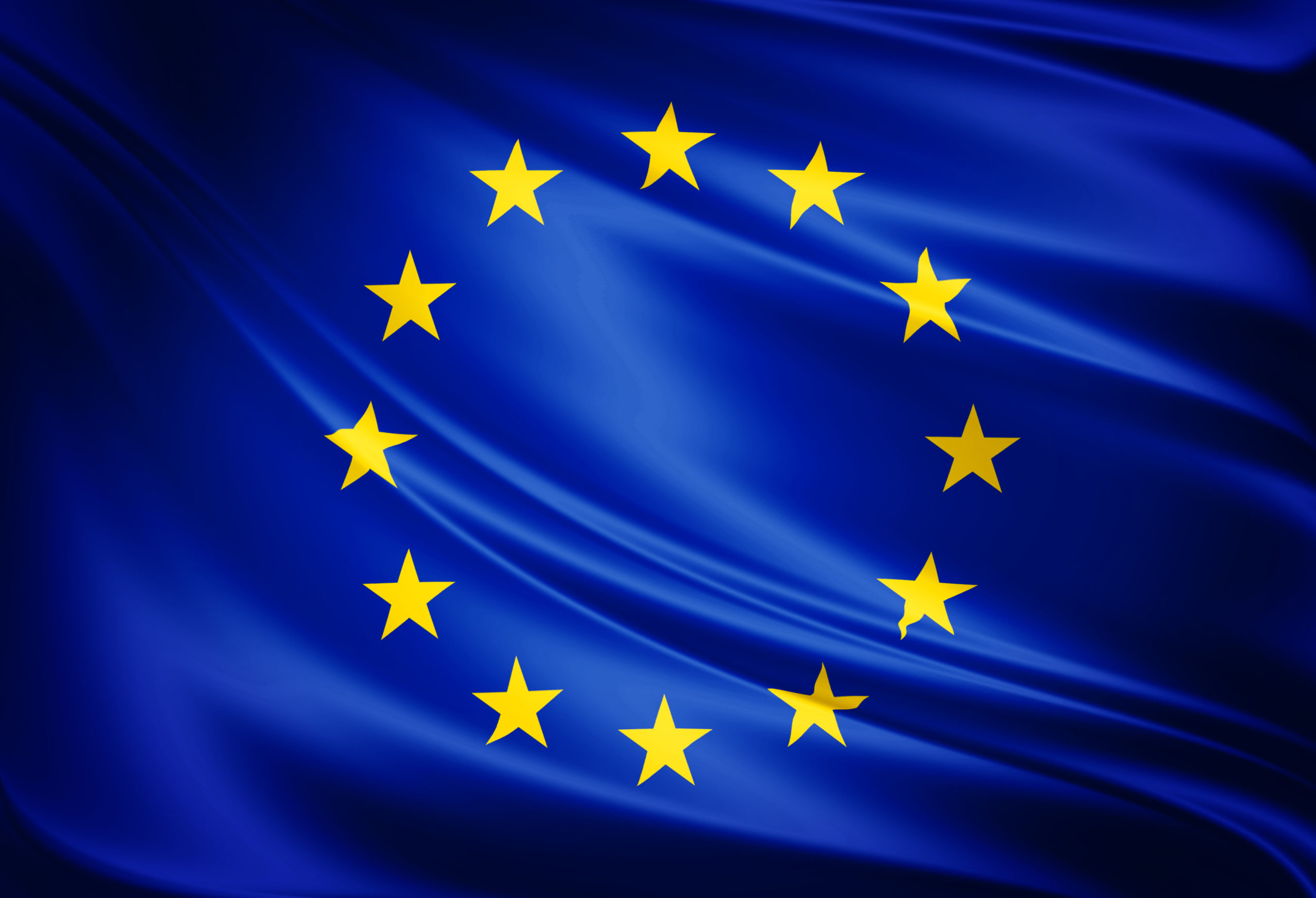Current affairs is full of examples where governments are challenged to respond to virtual actions with real-life consequences.
This is true of scenarios influencing freedom of expression on social networks during election time, as well as cyberattacks on large national corporations, bringing countries to a standstill.
Against this backdrop, the French government organised a Digital Sovereignty Conference in Paris which took place on 7 and 8 February, 2022. In this article, we focus on this high-stakes topic for Oodrive as we seek to identify the challenges and the role played by French companies in digital technology.
Unpacking the complexities of digital sovereignty
To fully understand the notion of digital sovereignty, we must begin our analysis from a legal, political and economic standpoint.
In doing so, we must draw a constant comparison between the respective short and long cycles of digital progress and political debate.
In 2019, the French Senate’s inquiry commission report on digital sovereignty defined the concept as “the government’s ability to act in cyberspace”.
Practically speaking, digital sovereignty refers to a government’s ability to control and influence the digital universe, particularly with respect to data.
In legal terms, this sovereignty may be liberal and defensive as illustrated in the right to personal data protection in Europe, not to mention the protection of citizens against the GAFAM.
Another more authoritarian perspective consists in asserting governmental authority on companies with an increasing amount of data (e.g.: Chinese censorship of search engines).
We can also consider digital sovereignty in terms of economics and politics. Against this background, the term may refer to governments seeking to restore the power balance.
As such, a State may overcome its troubling digital dependency on foreign multinationals capable of imposing rules through oligopoly-style positions and under the jurisdiction of other countries (extraterritoriality).
Such governments may also take action to protect the companies based in their countries. As expected, 65% of managers and executives in France consider digital sovereignty a cornerstone issue for their company.
Digital giants such as Amazon and Google collect data, enjoying full control of the value chain. This results in a power struggle between the owners of data and mere consumers of the transformed data.
What’s more, the task of competing is made all the more difficult through this data collection(Impact of data network).
In concrete terms, this produces a virtuous circle. The more a company collects data through new customers, the greater the impact of its algorithms.
This increased data collection also improves the quality of its services and products, in turn boosting its appeal to new customers.
Failure to control this data may represent a significant competitive disadvantage on a national basis. The real question lies in our ability to develop the technology of the future if we fail to control our own data.
Another issue centres on strengthening our companies’ competitiveness if they technologically depend on others to create value.
These same multinationals produce algorithms which considerably influence both the lives of citizens and the activities of companies.
Organisations of this kind also opt to delete content for arbitrary reasons while others even introduce government-type services which provide competition for State tasks. A case in point is the Facebook-backed Libra Project.
Facing the consequences of digital sovereignty at the national and European level
Nationally, and despite an unsettled environment of cybercrime and State-sponsored espionage, most governments do not benefit from digital sovereignty. Worse still is the fact that they often depend heavily on Big Tech.
This renders governments incapable of managing cybersecurity in relation to their strategic interests. They also face the threat of becoming a “digital colony” next to countries using extraterritoriality for their own personal gain.
The few initiatives in support of effective digital sovereignty still regularly experience the GAFAM’s creativity as regards tax optimisation coupled with legislators’ knowledge gap in new technologies (data culture).
Across Europe, the situation is developing more quickly which is welcome news since the need is urgent. As a reminder, 92% of data in the Westis hosted in the United States. In response, European countries voted in rights to protect data, including the European Union (EU) General Data Protection Regulation (GDPR).
Certain projects also merit further discussion such as the European Sovereign Cloud despite the slow progress compared to foreign competitors.
However, Europeans now realise that to compete with the likes of China and the United States, they must join forces to build the Old Continent’s champions.
The latter not only benefit from a substantial market, but also public support to address the challenges.
Introducing the Scale Up Europe initiative
The need to make European champions is reflected in the development of programmes to support multiple startups.
In this spirit, the Scale Up Europe initiative was launched in March 2021. Kick-started in conjunction with the European Commission, Scale Up Europe brings together various players, all sharing the same objective: to create 10 tech giants in the EU, each valued at more than €100bn by 2030.
These companies will provide an alternative to foreign solutions (69% of French people feel compelled to use America’s Big Tech services through a lack of European alternatives), thereby consolidating European digital sovereignty and strengthening the continent’s prosperity through innovation.
With this in mind, digital sovereignty is a phenomenon that applies to both present and future, affecting companies and governments alike.
On a European basis, this sovereignty must inevitably be developed through public-private partnerships. It involves the emergence and adoption of technically mature alternative solutions that can compete commercially with the current market.








